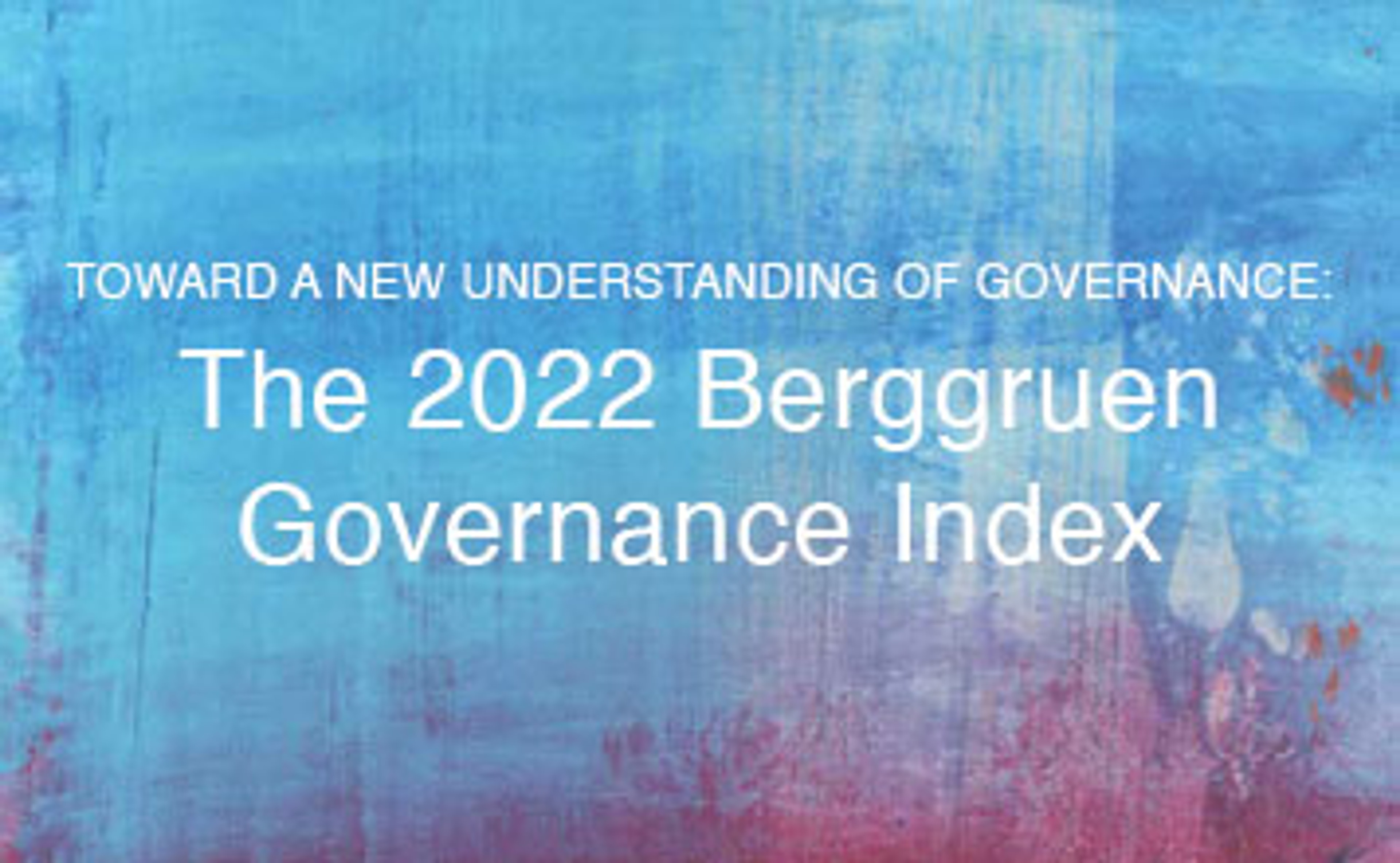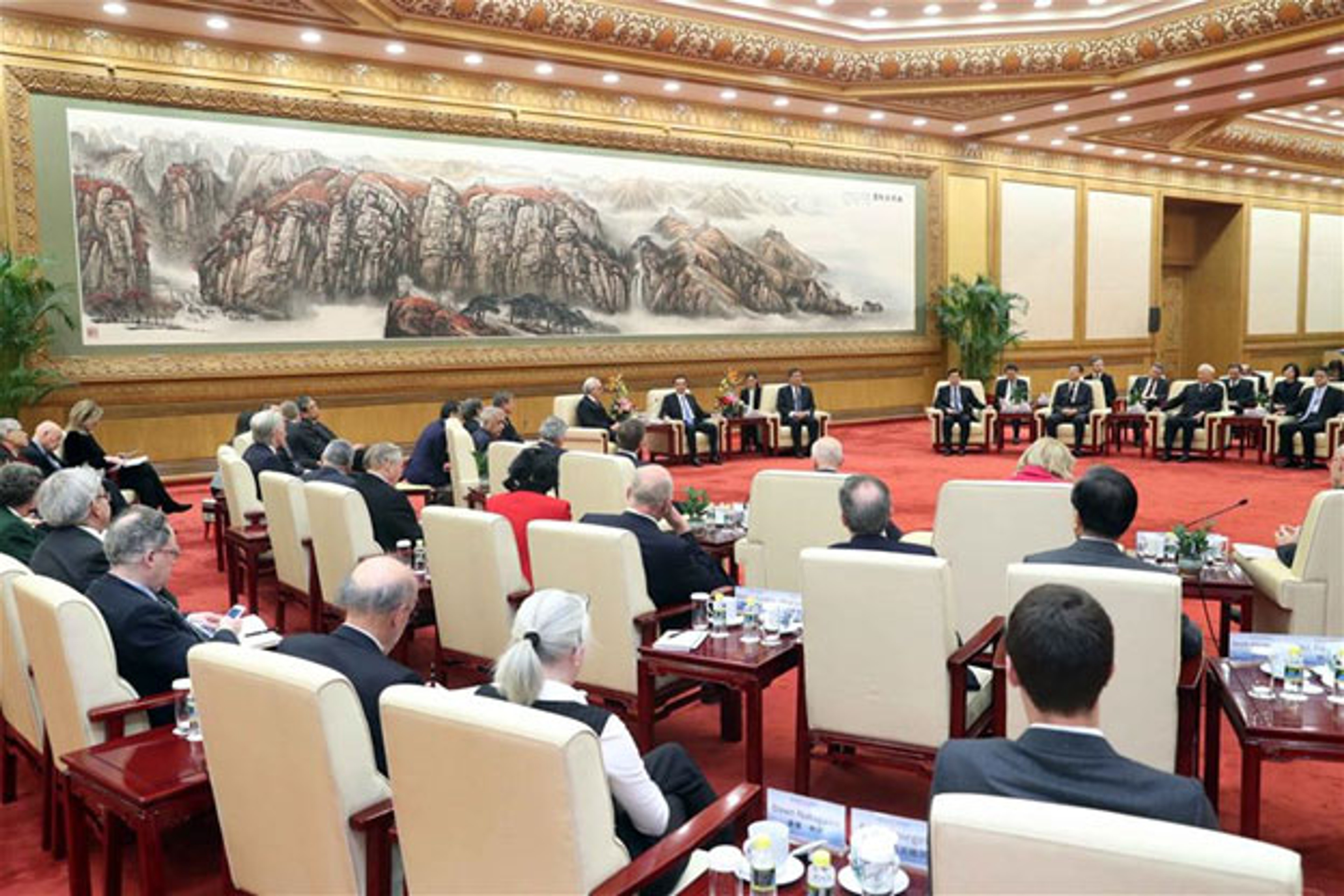"Children of a Modest Star" published by Stanford University Press

A clear-eyed and urgent vision for a new system of political governance to manage planetary issues and their local consequences.
Deadly viruses, climate-changing carbon molecules, and harmful pollutants cross the globe unimpeded by national borders. While the consequences of these flows range across scales, from the planetary to the local, the authority and resources to manage them are concentrated mainly at one level: the nation-state. This profound mismatch between the scale of planetary challenges and the institutions tasked with governing them is leading to cascading systemic failures.
In the groundbreaking Children of a Modest Star, Jonathan S. Blake and Nils Gilman not only challenge dominant ways of thinking about humanity's relationship to the planet and the political forms that presently govern it, but also present a new, innovative framework that corresponds to our inherently planetary condition. Drawing on intellectual history, political philosophy, and the holistic findings of Earth system science, Blake and Gilman argue that it is essential to reimagine our governing institutions in light of the fact that we can only thrive if the multi-species ecosystems we inhabit are also flourishing.
Aware of the interlocking challenges we face, it is no longer adequate merely to critique our existing systems or the modernist assumptions that helped create them. Blake and Gilman propose a bold, original architecture for global governance—what they call planetary subsidiarity—designed to enable the enduring habitability of the Earth for humans and non-humans alike. Children of a Modest Star offers a clear-eyed and urgent vision for constructing a system capable of stabilizing a planet in crisis.
About the authors
Jonathan S. Blake is Associate Director at the Berggruen Institute, where he leads the Planetary Program. He is the author of Contentious Rituals: Parading the Nation in Northern Ireland (2019).
Nils Gilman is Senior Vice President at the Berggruen Institute and Deputy Editor of Noema magazine. He is the author of Mandarins of the Future: Modernization Theory in Cold War America (2004).
Reviews
"The clarity in this analysis of the world governance system is truly powerful—it's a major contribution to our shared cognitive map of where we are now, and how we got here. Moving beyond diagnosis in a way that one hopes for but doesn't always see, Jonathan S. Blake and Nils Gilman make specific and practical suggestions for action. This fills an urgent need of our time, which is for plans that can be put to use right now. Many books are important—this one is, I think, crucial."
—Kim Stanley Robinson, author of The High Sierra: A Love Story and The Ministry for the Future
_________
"Jonathan S. Blake and Nils Gilman are willing to face down the challenge of getting specific about planetary governance while avoiding the specter of world government. They offer real ideas for how inhabitants of the planet can govern ourselves at multiple scales, in ways that really could enable us to survive and thrive."
—Anne-Marie Slaughter, CEO of New America, and author of Renewal: From Crisis to Transformation in Our Lives, Work, and Politics
_________
"Jonathan S. Blake and Nils Gilman have written an extraordinarily important and much needed book. The world faces any number of vexing, potentially catastrophic planetary challenges, which our current governing practices and institutions are ill-suited to meet. Deeply researched and sharply argued, Children of a Modest Star explains why our current institutional architecture is inadequate, and lays out a bold, forward thinking, but plausible agenda to develop a new conceptual lens to generate the governing practices, processes, and policies we desperately need. This book could not be timelier."
—Francis J. Gavin, Johns Hopkins University
_________
"As intellectually resourceful as it is ambitious, Children of a Modest Star not only cuts cleanly through the obsolete assumptions that stultify much thinking about the present and future. It also offers, in our paralyzing moment of polycrisis, a bold and bracing account of what we can still do."
—Pankaj Mishra, author of Age of Anger: A History of the Present
_________
"What would governance look like if our planetary condition was central rather than ancillary to our culture and politics? This is the question posed by the thought-provoking Children of a Modest Star. Our current systems of governance, premised on sovereign states, are fundamentally misaligned with the scale of the planetary problems we face. The solution, Jonathan S. Blake and Nils Gilman suggest, is to develop a set of content-specific, task-oriented institutions at a variety of levels of governance, and to do this quickly, before it is too late."
—Naomi Oreskes, co-author of The Big Myth: How American Business Taught Us to Loathe Government and Love the Free Market
_________
"As an Earth scientist, I've been frustrated by the world's inability to prevent climate catastrophe. National governments cannot handle threats that transcend their boundaries, and existing international bodies lack the power to compel change. Children of a Modest Star defines institutions that can deal with the problems we face that, like climate change, require governance from local to planetary scales. This book is a great conversation starter."
—Kate Marvel, senior climate scientist at Project Drawdown
_________
"Blake and Gilman confront the [global] crises of our own time—led by global warming but compounded by other potentially catastrophic and interconnected planetary challenges—and explain why our contemporary institutional and governing practices are woefully ill-suited to the moment. They lay out a bold but plausible conceptual and political agenda to reform and reinvent governance to avoid planetary ruin."
—War on the Rocks









